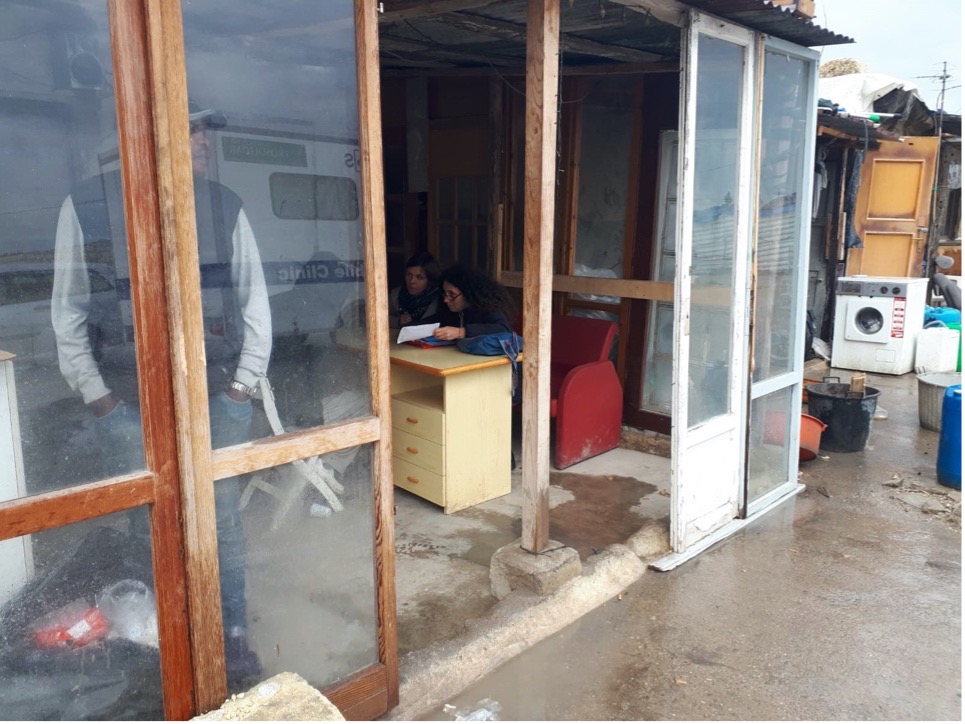
Upholding the rights of immigrants and asylum seekers in Europe
The Association for Juridical Studies on Immigration (ASGI) was founded in 1990 by a group of Italian lawyers and academics committed to upholding the rights of immigrants and who work with asylum seekers. They have over 400 members and local sections in fifteen Italian regions. They advocate for legislative and policy changes in Italian and European parliaments, provide legal advice to individuals, and undertake strategic litigation in Italian and regional human rights courts. Their comparative research into European migration practices informs this work.
The association’s anti-discrimination service offers representation on hate crimes and discrimination at the national and regional levels. In 2019, for example, ASGI won a case at the Brescia Court of Appeal on behalf of a local human rights organisation, which challenged the fact that only non-nationals were required to buy an expensive qualification certificate to apply for council housing.
Also in 2019, ASGI represented the Associazione Puerto Escondido in a case against a regional councillor for the anti-immigration Northern League, who had publicly claimed that the association, which provides housing to migrants, was running a money-making scam to assist irregular migrants. As part of the successful legal case, ASGI submitted that referring to migrants who were lawfully residing in the country as “illegal” contributed to creating an intimidating and hostile climate towards the association and its clients.
In 2020, ASGI challenged the unlawful transfer of a Pakistani asylum seeker from Italy to Slovenia, Croatia and finally to Bosnia-Herzegovina. In early 2021, a tribunal in Rome ruled that this practice violated the Italian Constitution, as well as European human rights standards. The judge ordered the immediate return of the individual to Italian territory to exercise their right to claim asylum. Since this decision, the Italian authorities have ceased attempting similar transfers to Slovenia.
Return to grantee stories
